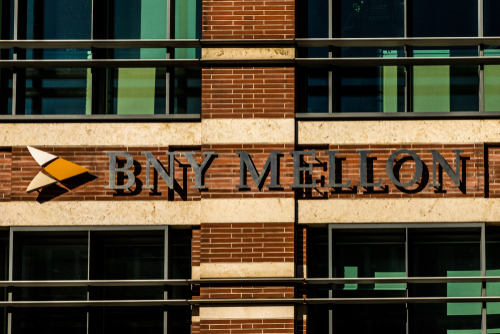The Bank of New York Mellon will pay more than $54 million to settle charges with the Securities and Exchange Commission for the improper handling of “pre-released” American Depositary Receipts (ADRs).

ADRs are U.S. securities that represent foreign shares of a foreign company. They require a corresponding number of foreign shares to be held in custody at a depositary bank.
When companies “pre-release” ADRs, they are issued without the deposit of foreign shares with the stipulation that brokers receiving them have an agreement between the bank and the broker/customers that the number of foreign shares corresponds to the number of shares the ADR represents.
The SEC found that BNY Mellon provided ADRs to brokers in thousands of pre-release transactions when neither the broker nor its customers had the foreign shares needed to support the ADRs. Thus, the total number of a foreign issuer’s tradeable securities were inflated. This resulted in abusive practices like inappropriate short selling and dividend arbitrage that should not have been occurring.
In the SEC’s ongoing investigation into abusive ADR pre-release practices, this is the seventh action against a bank or broker and third action against a depositary bank.
“Our ongoing industry-wide investigation into Wall Street misconduct marches on,” Sanjay Wadhwa, senior associate director of the SEC’s New York Regional Office, said. “BNY Mellon is the seventh bank or broker being held accountable for improper practices that allowed banks and brokerage firms to profit handsomely while market participants were unaware of how the market was being abused.”
Without admitting or denying the SEC’s findings, BNY Mellon agreed to disgorge more than $29.3 million in alleged ill-gotten gains plus pay $4.2 million in prejudgment interest and a $20.5 million penalty for total monetary relief of more than $54 million.